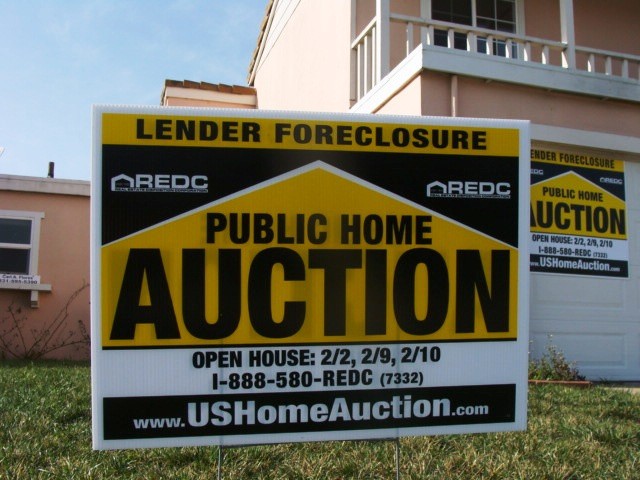
Auctions are a great and often fun way of purchasing a home. If you are the type who loves the adrenaline rush that bidding wars bring, then buying a home at auction is for you.
Buying a home at auction, however, requires patience and research to really get a good deal out of it. If you are a home buyer or an investor in search of a home to buy at auction, then read on to learn more about how an auction works.
How Does an Auction Work
If you've ever seen any film with auction scene in them, you'd have an idea of how auctions work. It only takes a hand raise and a lot of money to get the item you want. Though actual auctions can work a little bit differently, it can still get you as excited as those auctions seen on films.
Auctions can be performed online or in-person. Live or in-person auctions happen in the county or courthouse, although sometimes they are also held at public locations or on the property itself. Online auctions, on the other hand, as those that are gaining popularity because they allow investors to bid from anywhere.
Typically, auctions require a deposit to be eligible as a bidder, while for some, you need to show proof that you have the money or at least a preapproval letter.
As part of your preparation for the bidding war ahead, you first have to know what are the different types of auctions there are, how each type of auction works, and what rules apply for each.
Types of Auctions
Minimum Bid Auctions
In this type of auction, you would have to bid a minimum amount to keep yourself in the game. The minimum amount is usually published in some kind of ad even before the event. If you missed it, the auctioneer will still likely announce it before the bidding opens.
For sellers, this is a great auction because it reduces the risk of them losing money. But they also need to be careful about raising the minimum bid too high that it would scare off buyers.
Read also: What Characteristics Does a Successful Real Estate Investor Have?
Reserve Auctions
In Reserve Auctions, the winning bid isn't treated as final. Instead, it's counted as an offer to the property seller. Most of the time, sellers already have a minimum bid in their minds that they'd consider.
But they'd gamble with what they would get and wait for the results of the auction. This puts sellers in a safe spot. This is because if the winning bid doesn't hit their price, they can immediately say "no."
Absolute Auctions
This type of auction is most likely what you often see on tv and films. Here, the highest bidder wins - no questions asked. If nobody gives a higher price than your $2 million offer, the property is as good as yours.
A lot of real estate investors often prefer this type of auction because it doesn't come with a minimum bid. Also, all sales are final. So even if a seller receives the highest offer that's not even close to the price she had in mind, it's still as good as sold.
Read next: Common Rental Property Emergencies and How to Prevent Them
© 2025 Realty Today All rights reserved. Do not reproduce without permission.



